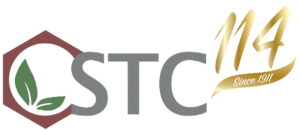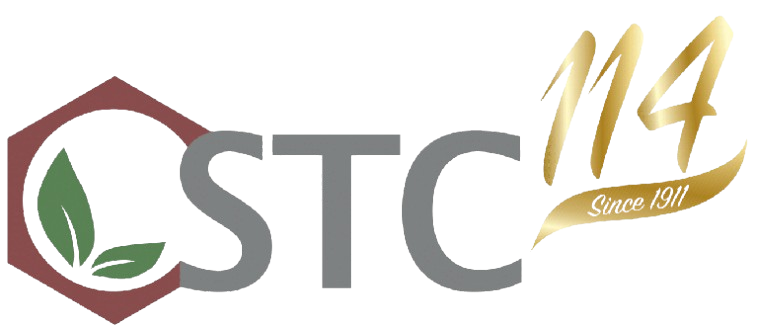
Organic farming education not only promotes sustainable and environmentally friendly farming practices, but also improves farmers' competitiveness in the rapidly growing organic market. But the question often arises: is it really justified to pay for such training, or should the public and businesses be able to access this essential knowledge for free? This question opens up a wider debate on access to training and the future sustainability of organic farming.
Understanding the meaning of investment:
Organic certification training provides in-depth knowledge of the regulatory framework, principles of organic farming, food safety and supply chain management. It prepares professionals to work to both local and international certification standards. As legislation changes frequently, training programme designers need to regularly update content, provide quality training materials and attract competent trainers, which requires significant resources. Therefore, by investing in paid training, the participant not only gains theoretical knowledge, but also access to a professionally designed learning environment and mentoring support. Such an investment is particularly relevant for companies planning to certify their products as organic or for professionals wishing to work in the field of organic certification. The fees for the courses cover not only the training content but also the necessary infrastructure and quality assurance. Although free materials are also available on the internet, they often provide only superficial information and rarely include the practical guidance needed for the certification process. In addition, they usually do not sufficiently cover regionally specific requirements, practical applications and current trends in the sector.
Contributing to sustainable development:
Investing in organic certification training is not a waste of resources - it is a significant investment in both individual and company professional development, compliance and sustainability. With organic requirements and standards constantly evolving, it is essential to keep your knowledge up to date. Free resources often fail to provide the sufficiently in-depth, accurate and up-to-date information needed for quality preparation and practical implementation.
"STC Centre for Continuing Professional Development educates and informs:
Farmers who have applied for support from the European Agricultural Fund for Rural Development (EAFRD) in the 2023-2027 programming period and have made a commitment for the new five-year period are required to attend refresher courses.
According to these requirements "STC Centre for Continuing Professional Education" invites farmers to apply for training.
At the end of the programme, you will receive a certificate valid for submission to the Rural Support Service.
"STC Centre for Continuing Professional Education" is an accredited educational institution included in the register of educational institutions of the Ministry of Education and Science.
How to apply for training?
By completing the application on the STC website www.stc.lv (under "Training Centre") or by email macibucentrs@stc.lv, or by calling 28810789.

To provide you with the best experience, we use technologies such as cookies to store and/or access device information. Consenting to these technologies will allow us to process data such as browsing behaviour or unique IDs on this site. Not consenting or withdrawing consent may adversely affect certain features and functionality.